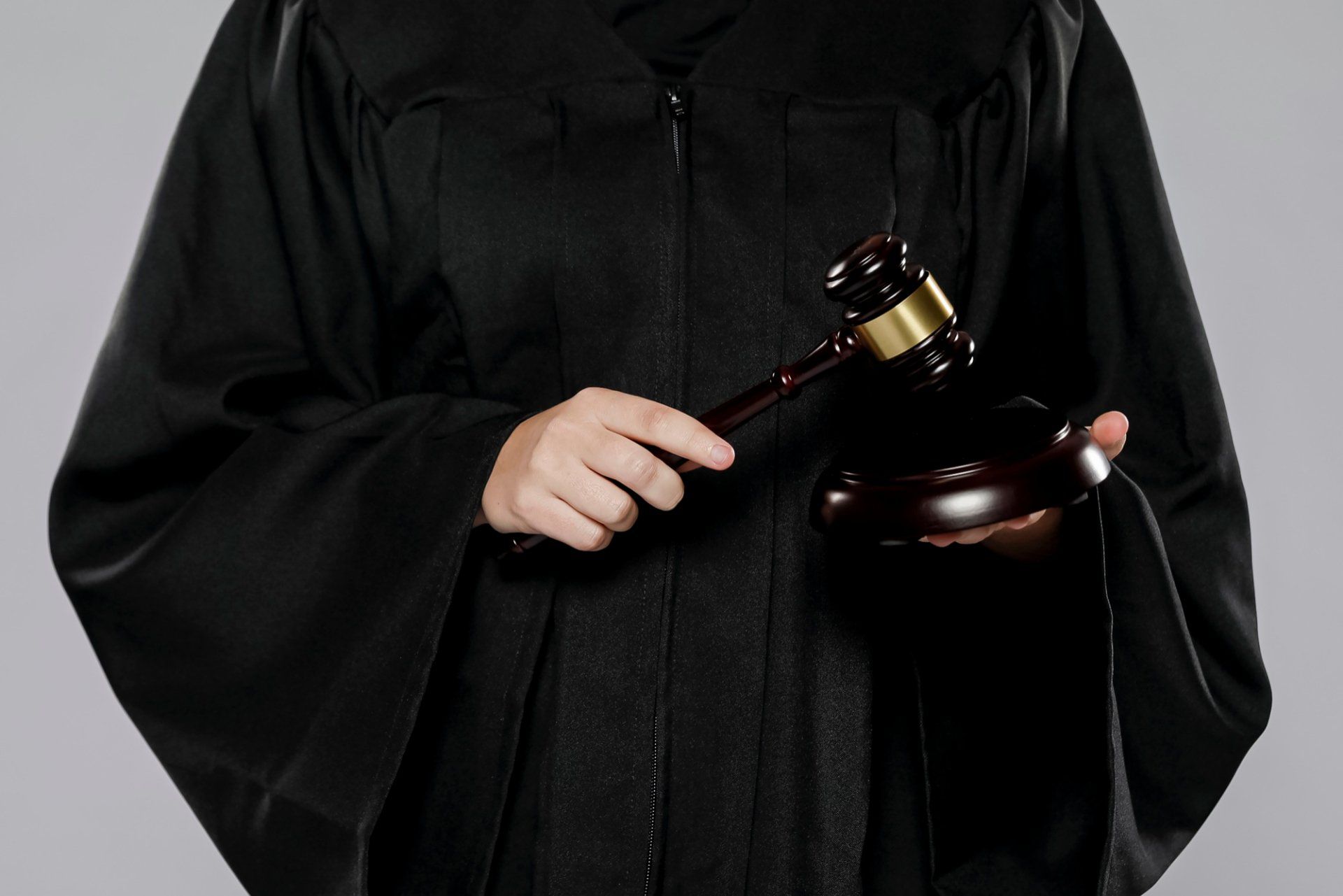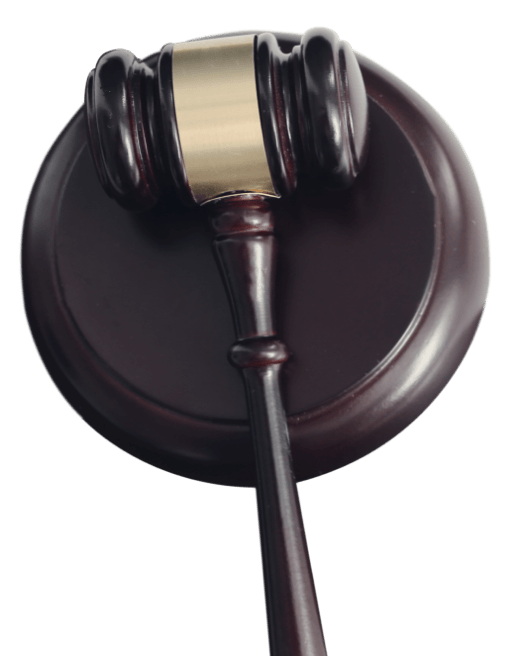Ten Tips Testifying in Court
Written by Law Office of Rolando Cantú, reviewed by Rolando Cantú
Ten Tips Testifying in Court
Are you scheduled to testify in court? Whether as a victim or witness, it is important to be prepared. Testifying in court can be a daunting experience, but there are things you can do to make it easier. Here are 10 tips for testifying in court that can help make the process smoother.
- Why may I be testifying in court?
- What should I expect when testifying in court?
- What should I do to prepare for testifying in court?
- 1. Arrive early on the day you are scheduled to testify.
- 2. Dress appropriately.
- 3. Be honest and concise when answering questions.
- 4. Listen carefully to the questions that are being asked of you.
- 5. Do not guess at an answer if you do not know it for sure.
- 6. Take your time when answering questions.
- 7. Keep your emotions in check while testifying.
- 8. Speak clearly and loudly.
- 9. Be respectful of everyone in the courtroom.
- 10. Follow any directions that the judge gives you.
- How a lawyer can help you in cross examination
If you are the victim of a crime, or if you witnessed a crime, you may be asked to testify in court. The prosecutor will question you about what happened, and then the defense attorney will have an opportunity to do a cross examination. Your testimony can be very important in helping to convict the person who committed the crime.
The words a witness says in court is classified as testimony. The individual is called to sit by the judge, on a space called witness stand or witness chair, when they're ready to testify. However, prior to doing so,
witnesses must agree or affirm to tell the truthfulness of their statements by saying an oath or affirmation. The phrase "the whole truth and nothing but the truth" is commonly used.
Both the opposing attorney and the attorney who called the witness will have an opportunity to question the witness. After that, the judge may ask questions.
When you testify in court, you will be placed under oath and will be asked a series of questions by the attorney who called you to testify. A direct examination is when the attorney who called you to testify will ask you questions. The purpose of this is to get information from you that supports their case. The attorney who called you will usually ask you leading questions, which are questions that can be answered with a simple yes or no. For example, "Did you see the defendant drive the car?"
The opposing attorney will then have an opportunity to cross-examine you. This is when the questions will become more difficult. The attorney may try to trip you up or confuse you. They usually have a trial strategy for doing this. For example, they may try to get you to change your story or make you look bad in front of the jury.
It is important to listen carefully to the questions and answer only what is asked. Do not volunteer information. If you do not understand a question, ask the attorney to repeat it or explain it.
When it comes to testifying in court, preparation is key. Although it can be difficult to know what to expect, there are things you can do to help you feel more prepared and comfortable. These are not rules that you have to follow, but they may help you if you are unsure about what to do.
1. Arrive early on the day you are scheduled to testify.
This will give you time to relax and decompress before having to go into the courtroom. The other side may also try to talk to you, so it is important to have time to speak with your attorney beforehand.
2. Dress appropriately.
It is important to dress respectfully since you will be in a courtroom. Avoid wearing anything that could be seen as disrespectful or provocative. A person ’s clothing choices can influence how credible they appear to be. Witness bring in the least credible dress are those who dress very casually or their clothing sends the wrong message.
3. Be honest and concise when answering questions.
It is important to tell the truth when testifying. If you do not know the answer to a question, say so. Also, try to keep your answers concise and to the point. The judge will appreciate this. Remember that you are under oath, so if you lie it is considered perjury and you can be charged with a crime.

4. Listen carefully to the questions that are being asked of you.
This will help ensure that you understand what is being asked and can provide an accurate answer. Your lawyer will be able to help you if you are unsure about a question. If you are an expert witness, it is especially important to listen carefully since your testimony may be based on your opinion.
5. Do not guess at an answer if you do not know it for sure.
It is better to admit that you don't know something than to try to guess at an answer and possibly get it wrong. Many witnesses make the mistake of guessing when they don't know the answer to a question, and this can be used against them later.
6. Take your time when answering questions.
There is no need to rush your answers. It is better to take a moment to gather your thoughts before answering than it is to try to speak too quickly and make a mistake. Wait until the question has been completely asked before you begin to answer.
This can be difficult, especially if you are testifying about a traumatic event, but it is important to remain calm and collected while testifying. Getting too emotional could make it more difficult for the judge or jury to take you seriously and could impact their decision making process."
8. Speak clearly and loudly.
Talking clear enough so that everyone in the courtroom can hear you without difficulty is necessary. No one wants to have to strain to hear what someone is saying in court. The witness stand is typically elevated so that everyone in the courtroom can see you, but speaking loudly will help ensure that your testimony can be heard.
9. Be respectful of everyone in the courtroom.
This includes the judge, jury, lawyers, and other witnesses. Remember, everyone's time is valuable, and being respectful will help ensure that your testimony goes smoothly. Even if the opposing attorney is being difficult, it is important to remain calm and respectful.
10. Follow any directions that the judge gives you.
The judge will give you instructions before you testify, and it is important that you follow them. These instructions are in place to help ensure that the trial runs smoothly and fairly. Ignoring the judge's instructions could result in you being held in contempt of court.

If you do not understand something, let the judge know and they will explain it again. Otherwise, following their directions will help keep things moving along smoothly and efficiently.
Why may I be testifying in court?
Testifying in court can be a daunting experience, but if you are prepared and remember to keep these 10 tips in mind, it can make the experience much easier for you and ensure that your testimony goes smoothly!
If you have been asked to testify in court, it is important to
speak to a lawyer beforehand. They can help you understand what to expect and how to best prepare for your testimony. A lawyer can also be present with you during cross-examination to object to any questions that are improper or irrelevant. Having a lawyer by your side can help make the experience less daunting and ensure that your rights are protected.
At the
Law Office of Rolando Cantu, we have experience with a variety of cases and can help you prepare for your day in court. Contact us today to schedule a consultation.














